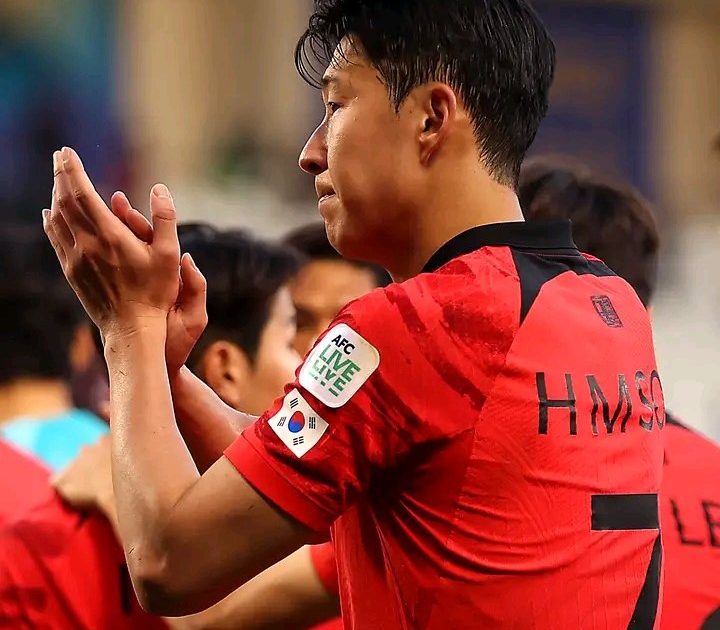The recent criticisms regarding the substandard quality of football pitches in South Korea have sparked a comprehensive investigation into the state of playing surfaces at elite-level stadiums across the nation. Prompted by remarks from national team captain Son Heung-min, who attributed the team’s underwhelming World Cup qualifying performance to the poor condition of the pitches, the Ministry of Culture, Sports and Tourism has pledged a thorough inspection of all 27 K League stadiums, commencing in April. This scrutiny highlights the growing concern over the impact of playing surface quality on player performance, injury prevention, and overall spectator experience. The ministry’s commitment signals a significant step towards addressing a persistent issue within South Korean football.
Son’s frustrations, voiced after a disappointing 1-1 draw with Jordan in Suwon, underscored the recurring problem of subpar pitches. The Tottenham Hotspur star lamented the inability to maximize their home advantage due to the inadequate playing conditions. This sentiment echoed a broader concern within the football community, with even foreign players like former Manchester United and England forward Jesse Lingard, currently playing for FC Seoul, experiencing firsthand the detrimental effects of poorly maintained pitches. Lingard’s recent incident involving tripping over a detached piece of turf further emphasizes the urgency of addressing this issue.
The ministry’s inspection will encompass a detailed assessment of pitch quality across all K League stadiums. In addition to evaluating the current state of the playing surfaces, the investigation will explore best practices from other countries, notably Japan, renowned for its meticulously maintained football pitches. This comparative analysis will inform the development of effective strategies for improving pitch quality within South Korea. The ministry aims to identify practical and sustainable solutions, potentially including updated maintenance protocols and enhanced cooperation between the league, clubs, and stadium operators.
The ultimate goal of this comprehensive inspection is to establish a robust and long-term system for maintaining high-quality playing surfaces across the country. This initiative reflects a crucial step towards elevating the standard of South Korean football, fostering a conducive environment for players to perform at their best, minimize the risk of injuries, and enhance the overall experience for spectators. By addressing this long-standing concern, South Korea aims to create a more competitive and professional football landscape.
The significance of pitch quality extends beyond immediate player performance and injury prevention. It directly impacts the nation’s ability to host international matches and provide a suitable platform for showcasing South Korean football talent. The two home World Cup qualifiers moved away from Seoul this month due to the poor state of the capital stadium’s turf exemplify the consequences of neglecting pitch maintenance. While alternative venues were used, Son’s criticism of these replacement pitches further underscores the widespread nature of the problem.
The Ministry’s comprehensive approach, involving inspections, comparative analyses with other countries, and collaborative efforts with stakeholders within the football community, demonstrates a commitment to long-term improvement. Creating a sustainable management system for maintaining high-quality football pitches is essential not only for the development of the sport within South Korea but also for enhancing the nation’s reputation on the international stage. This focus on pitch quality will contribute to creating a more professional and competitive football environment for players, coaches, and fans alike.














